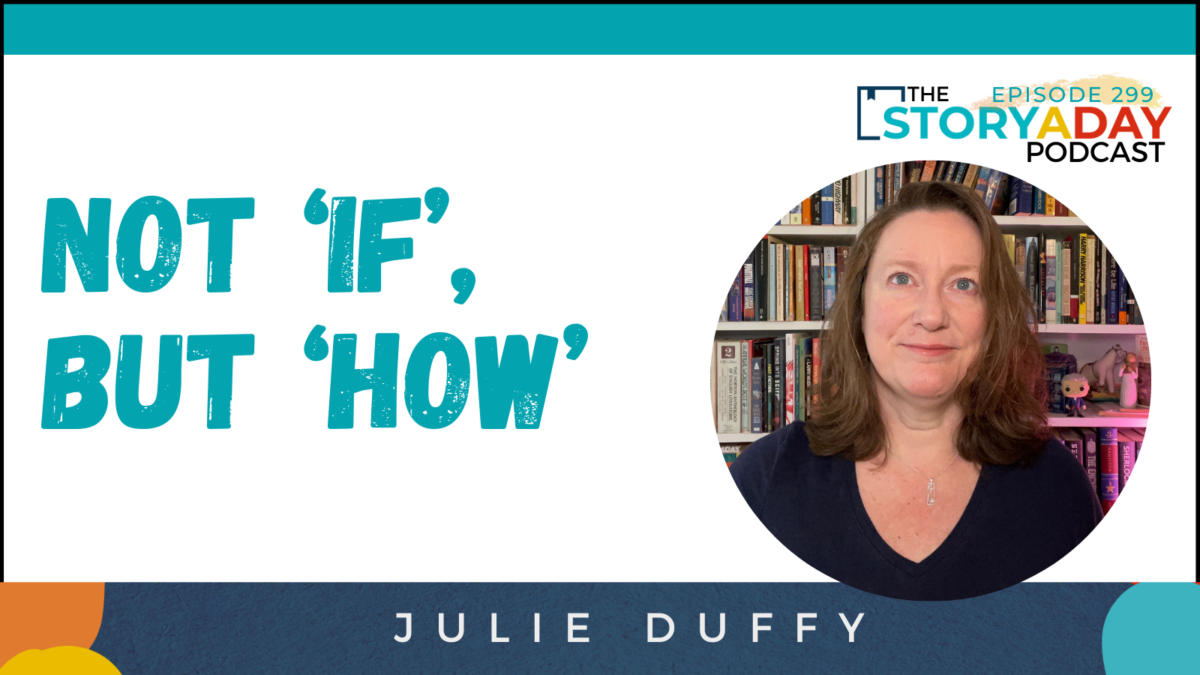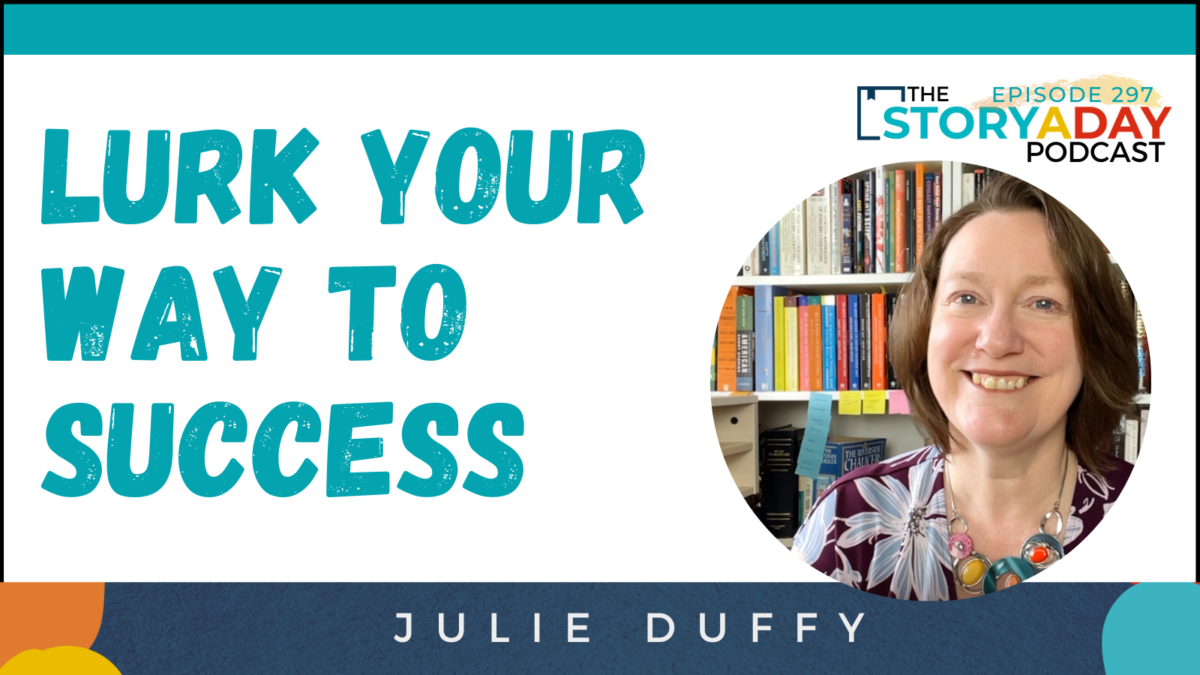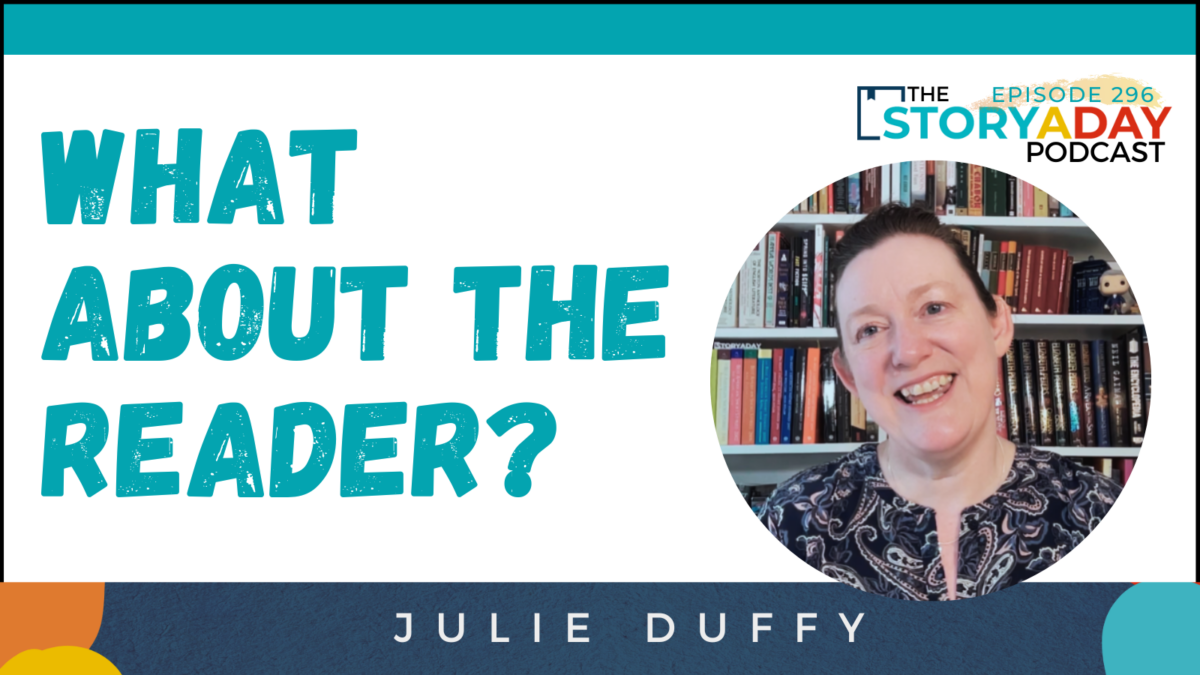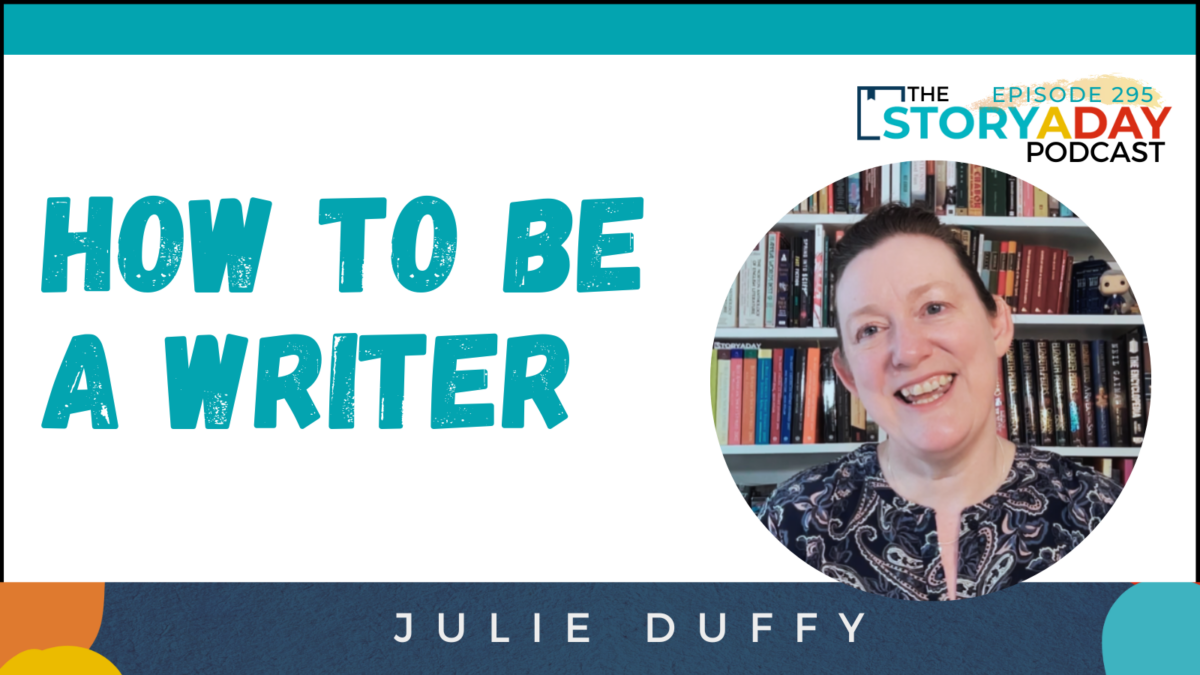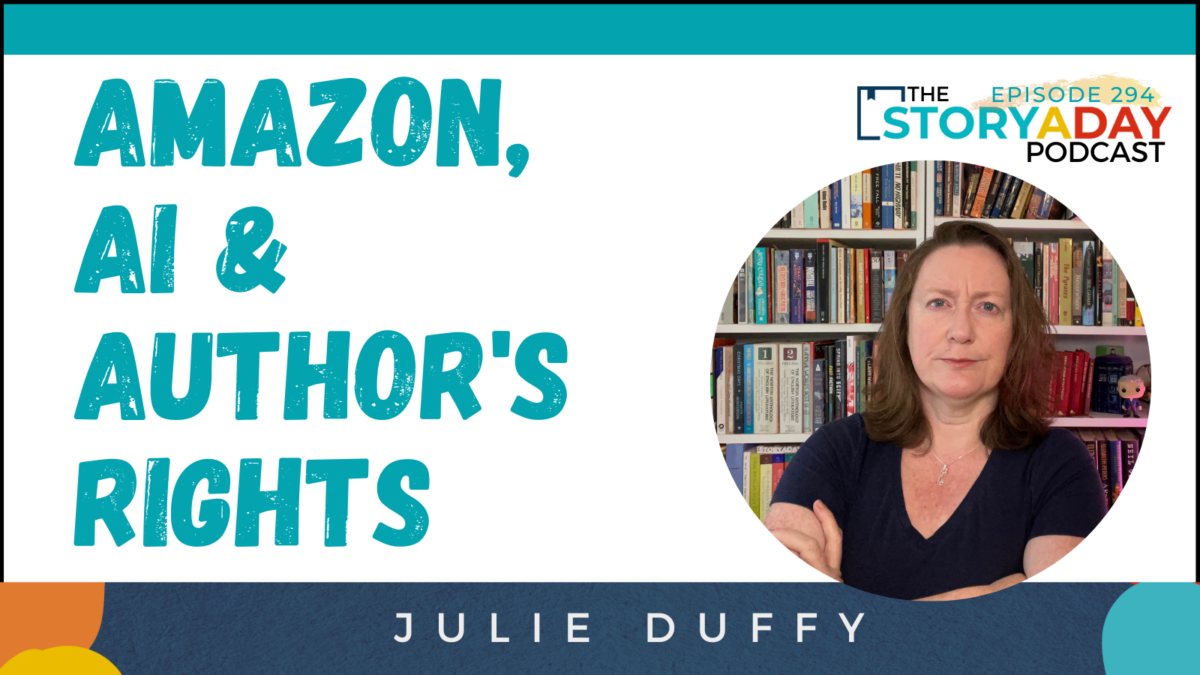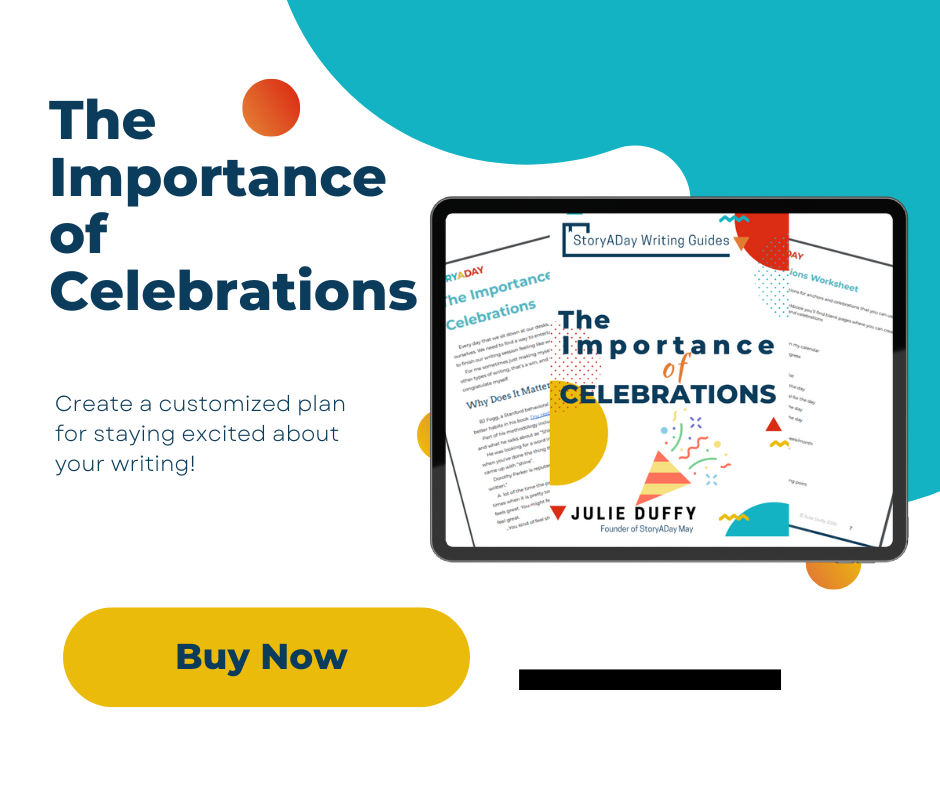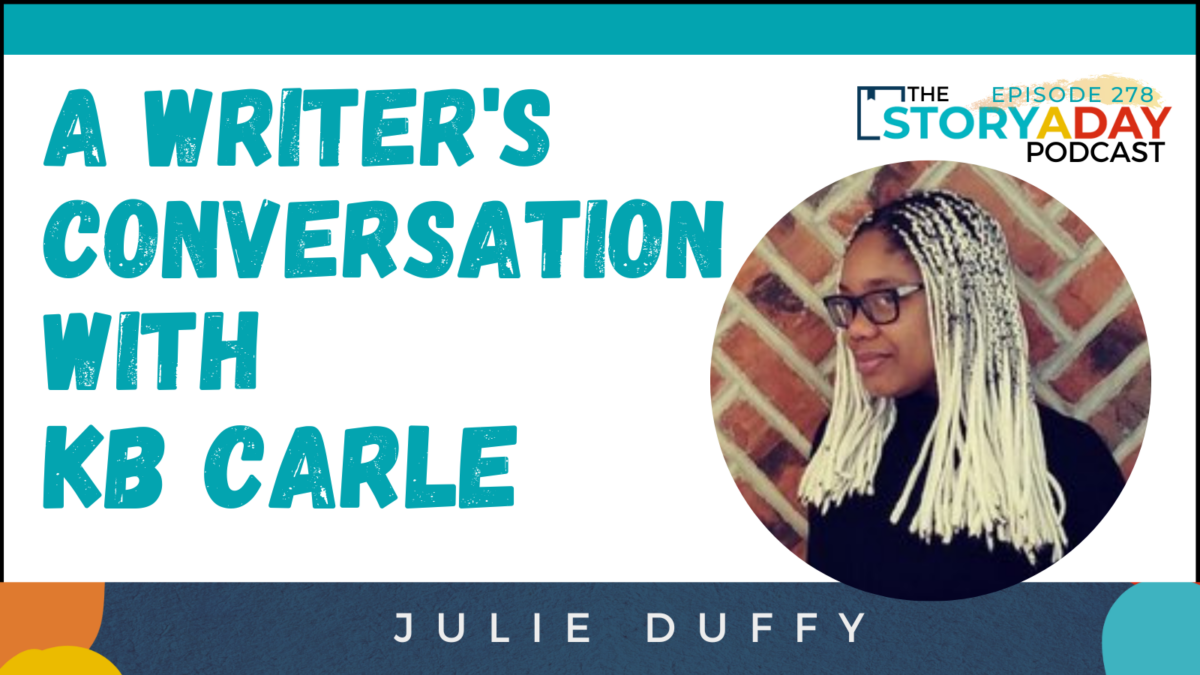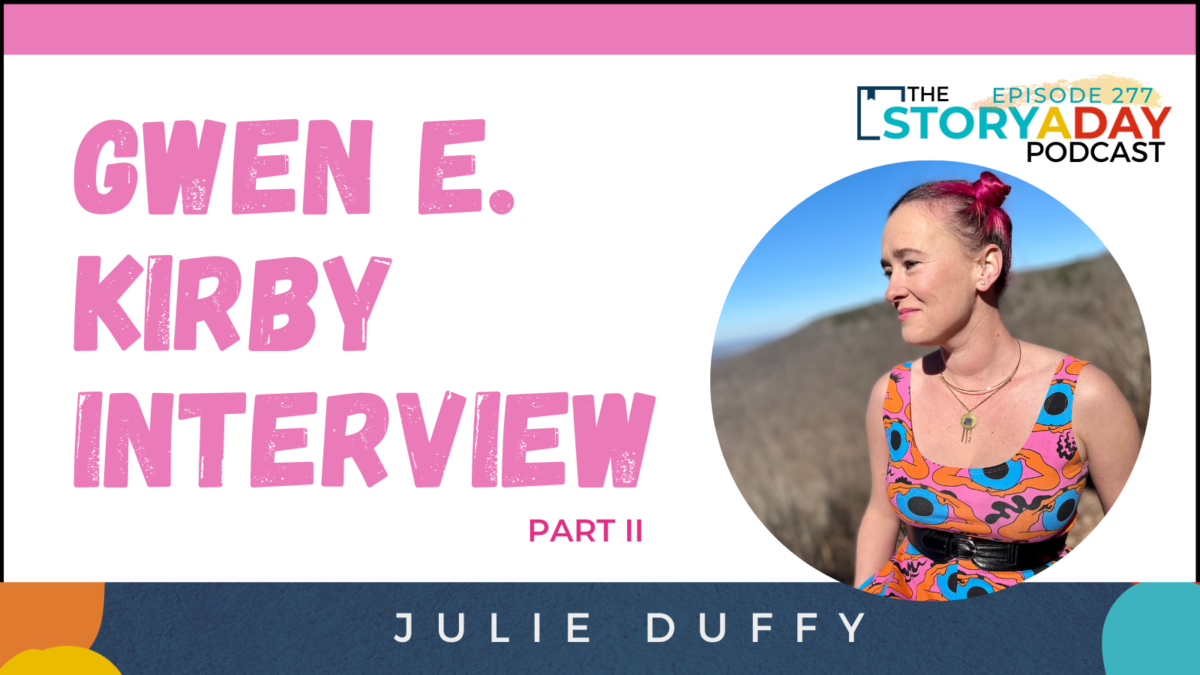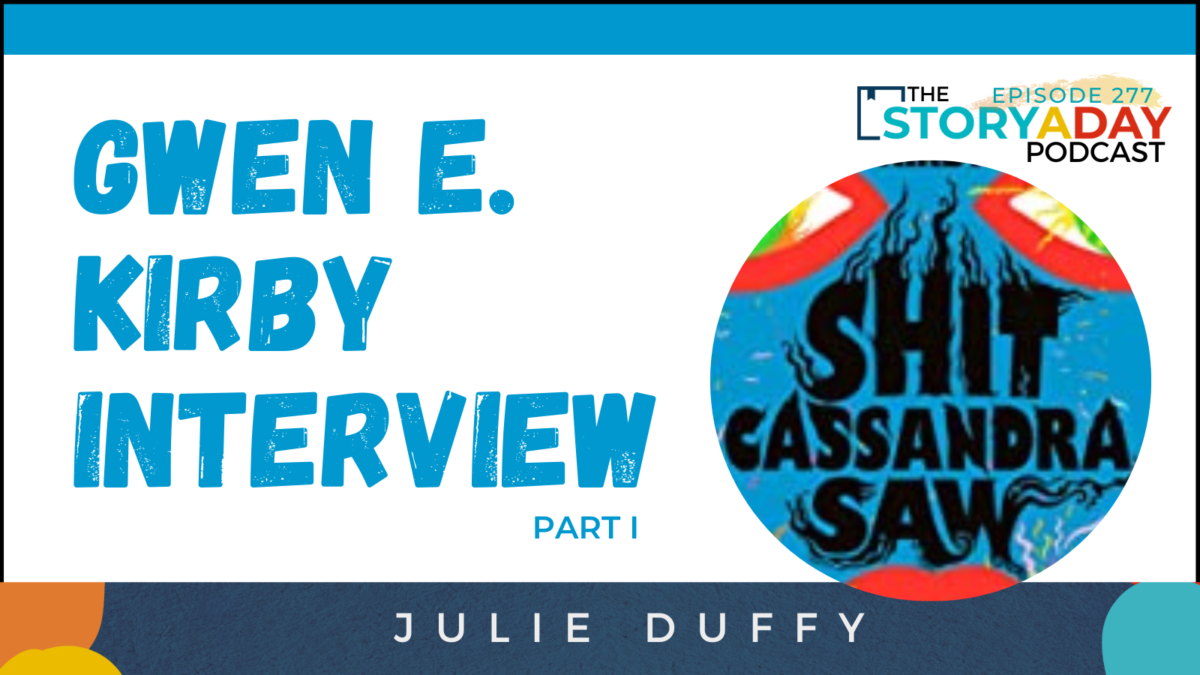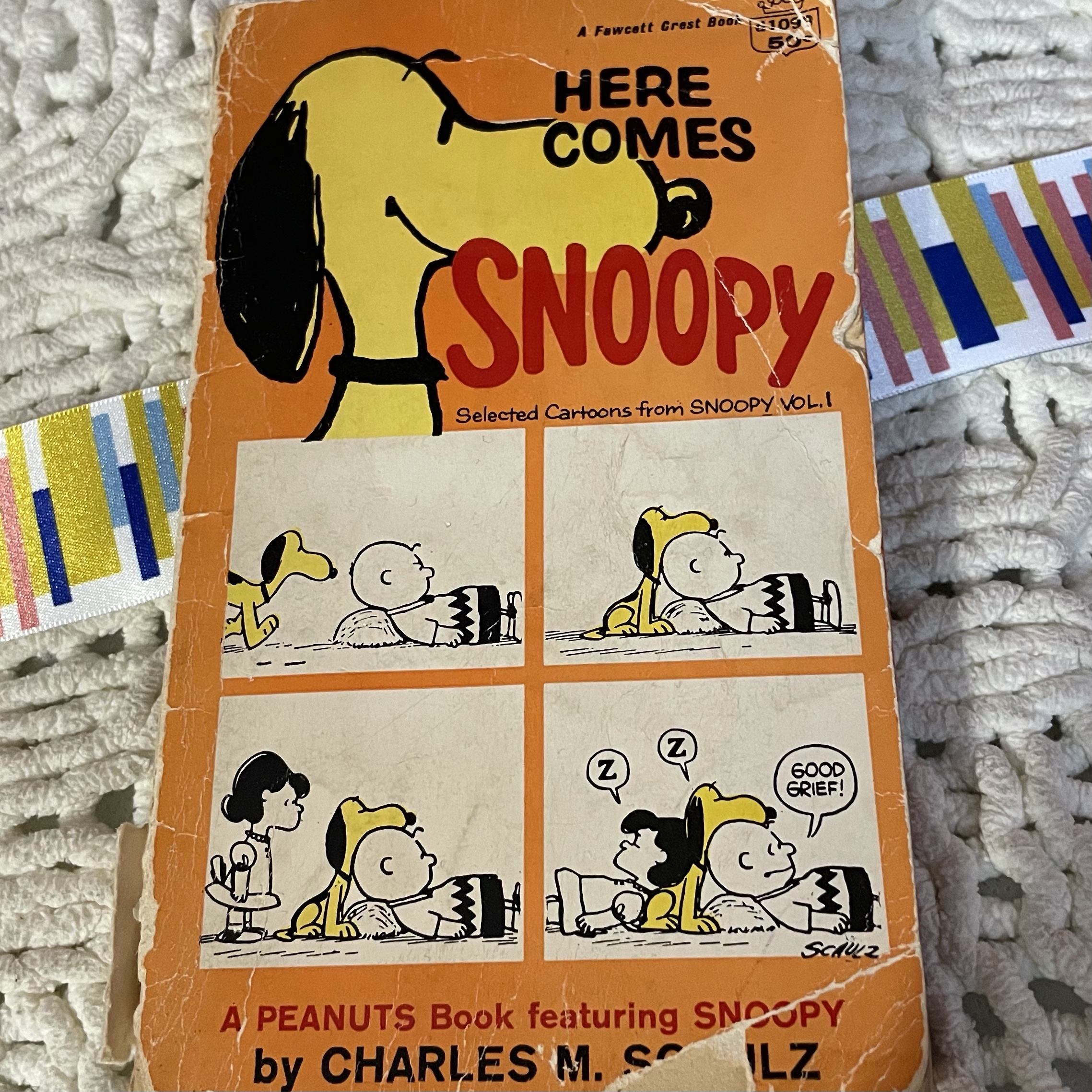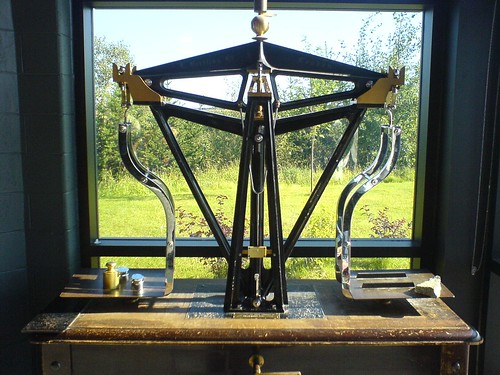I regularly talk to writers who confess to me that they’re not sure they’re ‘meant to be a writer’ because they find it hard.
So, should they quit?
So Wrong For So Long
When I started taking my physical health seriously (ahem, in my 40s) I found out that I had completely misunderstood what ‘getting fit’ meant.
I had always thought that, with enough practice, exercise was supposed to get easier. When it didn’t, I got discouraged and quit. Over and over again.
Eventually I started working with a trainer whereupon it dawned on me (at an embarrassingly glacial pace) that this was never going to be easy…and that was the point.
As I got stronger, my trainer would fist-bumped me…and then increase the weights.
Some training days are easier than others, but if I’m doing it right, they’re always a bit hard…and weirdly rewarding.
And occasionally, I pick up one of the ‘baby weights’ I started with, and marvel at how far I’ve come.
What It Looks Like To “Do Your Best”
Being a writer means always wanting to do your best.
And that is hard.
It’s always going to be hard because, every day, your ‘best’ exists at the limit of your abilities.
Some days may feel easier than other days. But mostly, if you’re doing the best you can on that day, it’ll be a bit hard.
And weirdly rewarding.
And when, occasionally, you look back and see how far you’ve come from those first ‘baby stories’ you wrote, it will be marvelous.
Keep writing,
Julie
P. S. And don’t forget that, as with physical training, sometimes the best thing you can do is to take an intentional ‘rest and recharge’ day…


